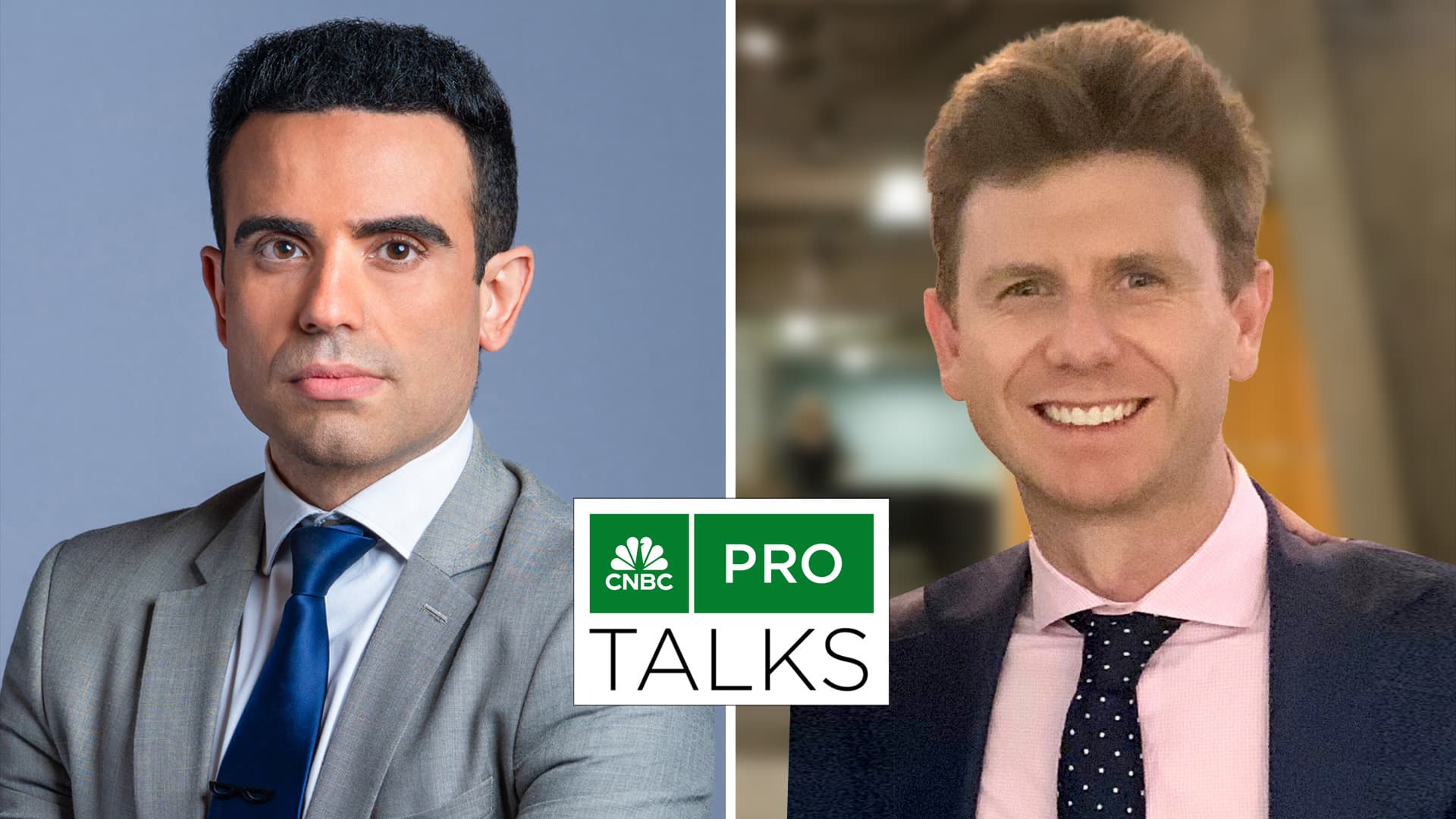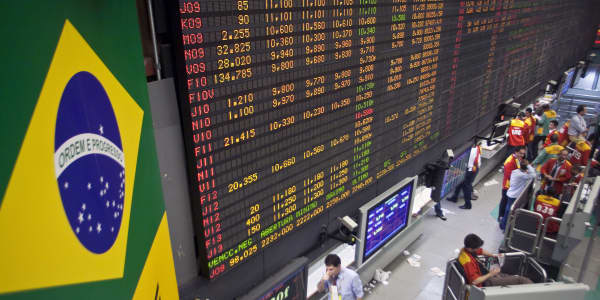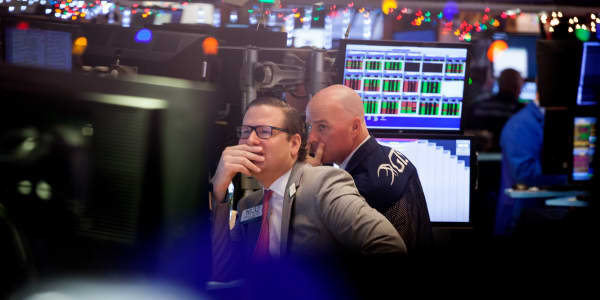The themes in place for the last few weeks continued into the shortened July Fourth week as the debate over the true impact of Brexit played out in the markets both here and abroad, hope rising and waning over potential remedial monetary and fiscal policy activity yet to come from the ECB and the U.K. The FTSE 100, a concentrated index of British multinationals that benefit from the weakened sterling, rallied to pre-Brexit highs while the broader FTSE indices reflected a much more somber outlook as did the other European markets.
The FOMC minutes were released on Wednesday and while the U.K. referendum played a role in the Fed's decision to delay any tightening measures, May's disappointing payrolls report (38,000 new jobs) and concerns about a slowing U.S. economy kept the committee on hold and the markets in a narrow range pending Friday's payroll report for June.
Then bang!
8:30 a.m. arrived and the nonfarm payrolls release showed the biggest snap back ever recorded with 287,000 new jobs, blowing past consensus of 180,000. Revisions lifted April's number while dropping May to 11,000. Put in perspective, May's revised number was so weak that it is surpassed by the average attendance of an NHL or NBA regular season game. But it was the fear trade that caught everyone's attention as gold reached higher and U.S. Treasury yields hit record lows with the 10-year hitting 1.367 percent and the 30-year at 2.098 percent. Crude, its minute-to-minute price no longer front-page news, experienced a drop of more than 7 percent as inventories reflected higher-than-anticipated levels.






